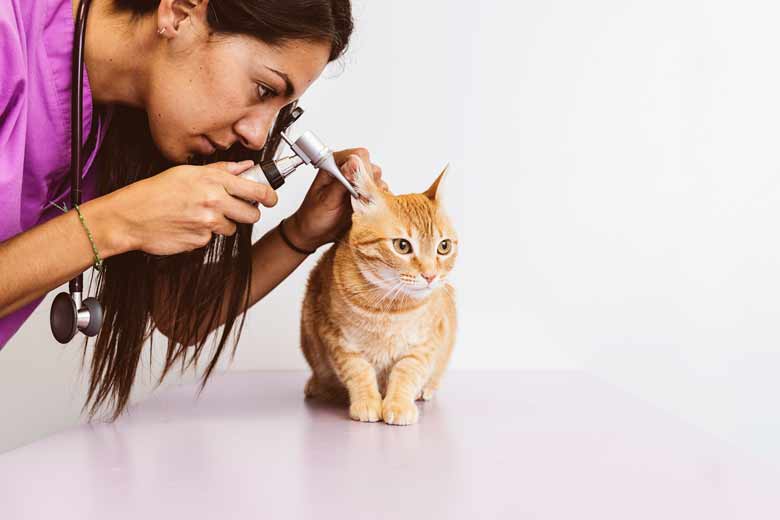
What is it?
( aural = relating to the ear)
An aural haematoma is a condition that is commonly seen in general practice. An aural haematoma is an accumulation of blood in the flap of the ear, also known as the pinna. It appears as a soft swelling on the inside surface of the pinna, it may involve part or all of the pinna. The swelling occurs due to the rupture of small vessels which leads to pooling of blood between the cartilage and skin.
How does it happen?
The cause of aural haematomas is not completely understood. There are 3 proposed causes contributing the rupture of the vessels and to the formation of the haematoma:
- Ear Infections (Otitis Externa) – leading to head shaking and trauma
- Trauma – most common proposed cause, either an event of a violent shake or a less violent but continuous shaking
- Immune Related, Hormonal Disorders – leading to fragile vessels in the ears.
What happens now?
For treatment of your pet’s Aural Haematoma it will need to undergo a general anaesthetic for drainage of the haematoma and surgical correction of the ear. Your Veterinarian will also assess your pet for any underlying ear infection or skin allergies. A Pre Anaesthetic blood test is always recommended prior to your pet’s anaesthetic.
This is to assess for any underlying systemic infections, cell abnormalities, liver or kidney issues and blood sugar levels. A more comprehensive test may be recommended depending on your pet’s individual needs.
The surgery involves either making a cut in the haematoma, or placing multiple holes in it. Once drained the area of the haematoma is stitched and the openings from the cut or holes are left open to ensure complete drainage of the haematoma. Theses open areas heal over a period of 2-3 weeks. The healing process can be quite messy in the first couple of days post surgery as bleeding is expected.
For 14 to 21 days your pet will be required to wear an elizabethan collar until the sutures from the surgery are removed from your pet’s ear. It is vital that during this time underlying causes are addressed/treated, such as an ear infection, as Aural Haematomas have a high rate of recurrence. An Aural Haematoma can of course occur in the other ear as well.
Your Veterinarian will instruct you on how to medicate your pet’s ear if required. They will also go home on oral pain relief and a course of antibiotics which needs to be completed. Ear infections may need to be rechecked throughout the course of healing. Additional revisits may also be required at your Veterinarian’s discretion.